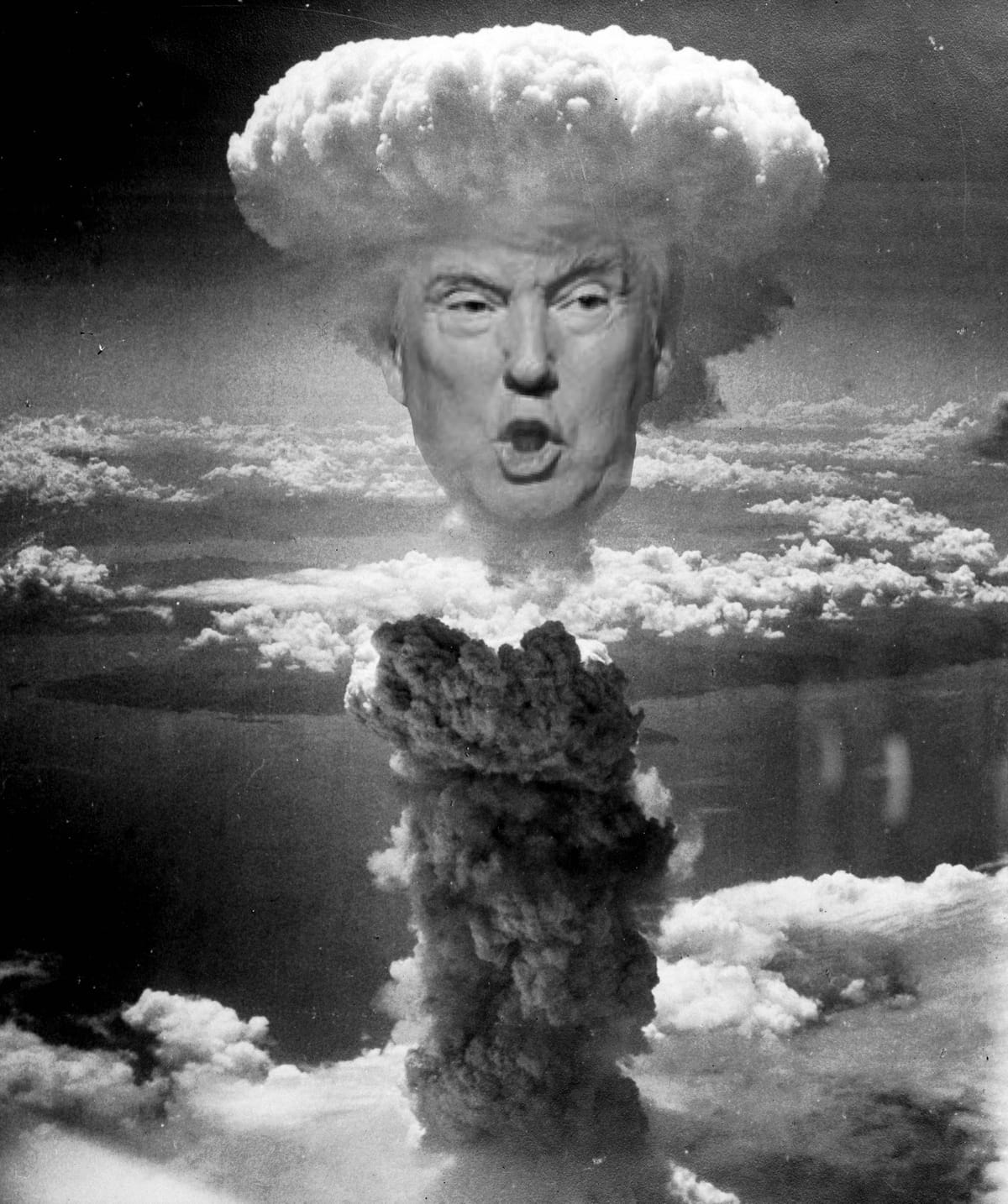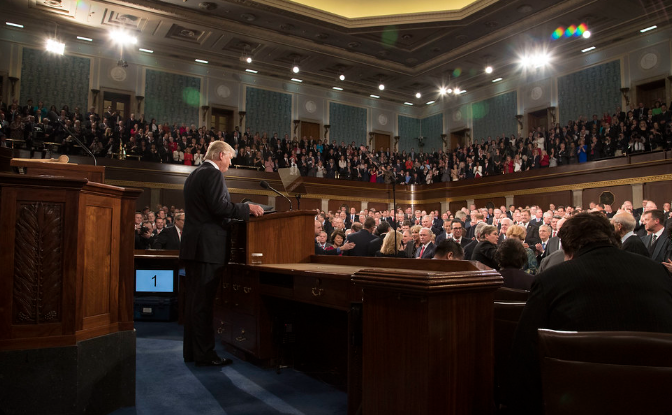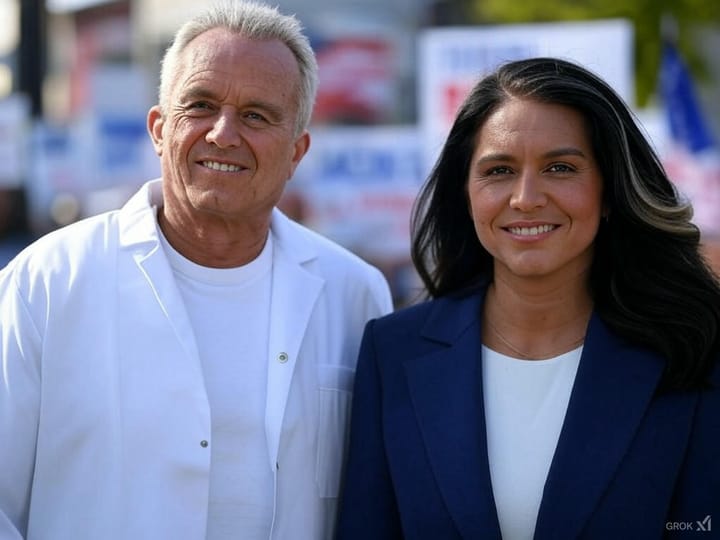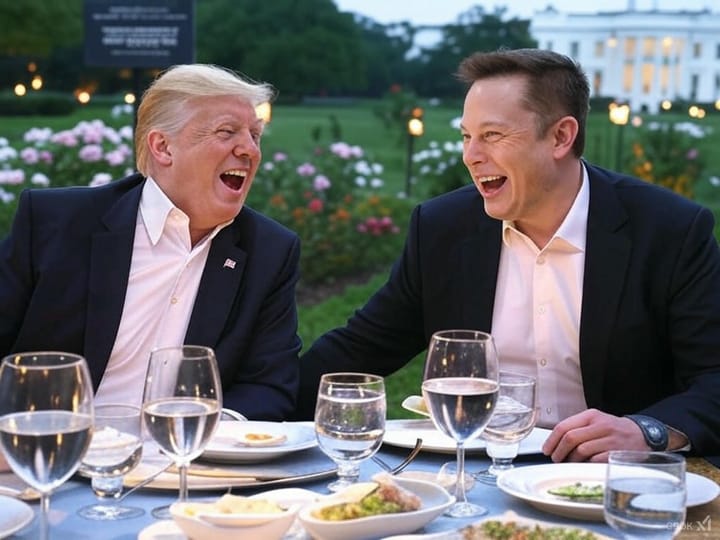Harris Outmaneuvers Trump in High-Stakes Debate
Kamala Harris outmaneuvers Trump in a heated debate, highlighting policy achievements and forward-thinking plans, while Trump plays defense.

In a highly anticipated face-off, Vice President Kamala Harris and former President Donald Trump squared off in a debate that underscored deep differences in policy, demeanor, and vision for America's future. With just weeks remaining until the election, this debate carried high stakes for both candidates, and Harris delivered a commanding performance that often left Trump on the defensive.
Tactical Precision vs. Reactive Responses
Harris’s debate strategy was one of calculated precision, steering the conversation toward her strengths while persistently challenging Trump on his perceived weaknesses. One of her most effective moments came when she directly confronted Trump on his role in the January 6th Capitol attack, a sensitive topic for the former president.
"Donald Trump incited a violent mob to attack our Capitol. That's a fact. And the former president has shown no remorse," Harris stated, linking the attack to broader questions about Trump’s fitness for office.
Harris further challenged Trump on his alleged involvement with Project 2025, framing it as a direct threat to American democracy. "Project 2025 is a blueprint for the destruction of our democracy," she argued. "Under Trump, we'll see more economic disparity, a national abortion ban, and an erosion of civil rights."
While Trump denied involvement with Project 2025, his responses often appeared reactive rather than proactive. In contrast, Harris maintained control of the narrative, positioning herself as a steady, experienced leader focused on policy.
Harris's tactical precision consistently kept Trump on the defensive. While she steered the conversation toward policy specifics, Trump often found himself reacting to Harris’s assertions rather than setting his own agenda.
Policy Focus: Harris’s Vision vs. Trump’s Broad Claims
Throughout the debate, Harris emphasized her administration’s accomplishments and laid out detailed plans for the future, presenting herself as a candidate with a clear vision. She focused on her economic platform, highlighting tax cuts for middle-class families and investments in small businesses as part of what she called an "opportunity economy."
"I intend to extend the largest child tax credit we've seen in decades," Harris declared, detailing a proposal aimed at alleviating the financial burdens of working families.
In contrast, Trump relied heavily on his past administration’s economic successes, stating, "I created one of the greatest economies in the history of our country." However, his arguments lacked specific details regarding his future plans, leading to a perceived gap between his broad claims and Harris’s more granular approach.
On healthcare, Harris underscored her commitment to protecting the Affordable Care Act (ACA), whereas Trump acknowledged he had only “concepts” for a new healthcare plan but failed to provide a fully articulated strategy. "We’ll look at different plans," Trump said, a remark that seemed to highlight a lack of concrete policy direction in this area.
While Trump repeatedly referred to his past successes, Harris focused on forward-looking policies, such as tax credits for small businesses and strengthening healthcare, drawing a clear contrast between her future plans and his backward-looking narrative.
Social Issues and Reproductive Rights
The debate saw an intense clash on abortion rights, with Harris positioning herself as a staunch defender of reproductive freedoms. "Under Donald Trump, women have fewer rights over their own bodies than at any time in modern history," she argued. "This is not about being pro-choice or pro-life; this is about fundamental freedoms that are under attack."
Trump’s response was more ambiguous. While he took credit for the Supreme Court’s decision to overturn Roe v. Wade, he refrained from fully endorsing a national abortion ban, a stance that seemed to leave both pro-choice and pro-life voters seeking clearer answers. His hesitation on this issue stood in contrast to Harris’s decisive position, furthering the narrative that Trump was reactive rather than assertive.
Foreign Policy Credentials
Harris leveraged her experience as Vice President, discussing foreign policy with a focus on international diplomacy and America’s standing in the world. "Donald Trump has always admired strongmen. Whether it’s Putin or Kim Jong-un, he’s shown time and again that he prefers dictators over democracies," Harris remarked, using this critique to question Trump’s foreign policy credentials.
Trump, on the other hand, argued that his personal relationships with world leaders had prevented global conflicts. He boldly claimed that the war in Ukraine would never have started under his leadership, an assertion that Harris quickly rebutted by reminding viewers of Trump’s controversial history with NATO and his perceived favoritism towards authoritarian regimes.
Trump countered Harris's attack by stating, "If I were president, the war in Ukraine would have never started." He emphasized that his relationships with world leaders had kept the world in check, though Harris questioned the effectiveness of these relationships and highlighted Trump's contentious stance on alliances like NATO.
A Pivotal Moment
As the election approaches, this debate may be remembered as a turning point for both campaigns. Harris’s composed; policy-focused performance stood in stark contrast to Trump’s more reactive approach. While Trump did have moments of resonance, particularly when questioning Harris’s accomplishments during her vice presidency, his reliance on past achievements and personal attacks often overshadowed his messaging.
Throughout the debate, Harris methodically laid out her policy plans, contrasting sharply with Trump’s more generalized claims about past successes. Her focus on key issues like healthcare, the economy, and foreign policy allowed her to maintain control of the conversation, while Trump’s frequent pivots to personal attacks underscored the contrasts in their approaches.
Harris’s ability to maintain control of the narrative while articulating a clear vision for the future has positioned her as a strong contender in the race for the presidency. Her approach showcased a readiness to lead, while Trump’s performance may have left some voters questioning his ability to move beyond past controversies and provide a forward-thinking agenda.





Comments ()